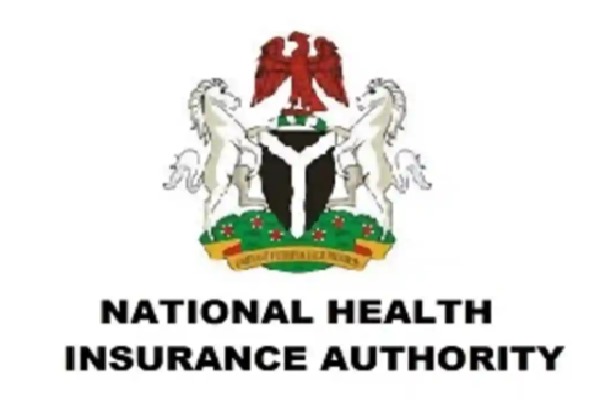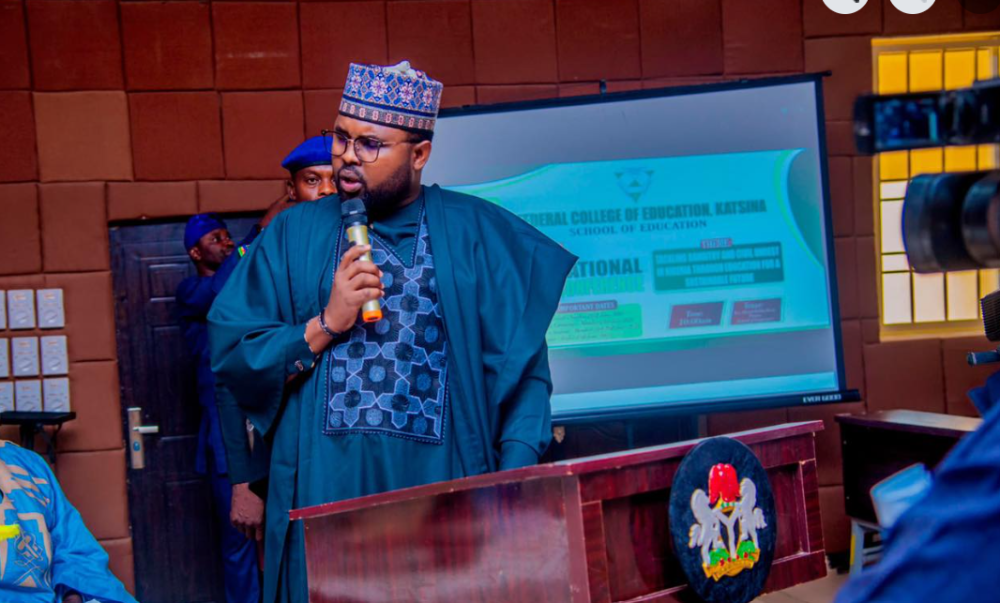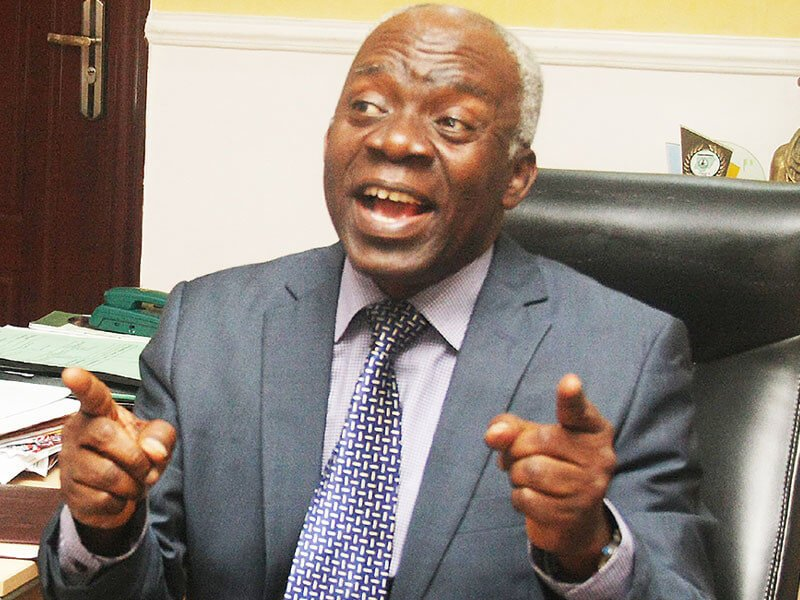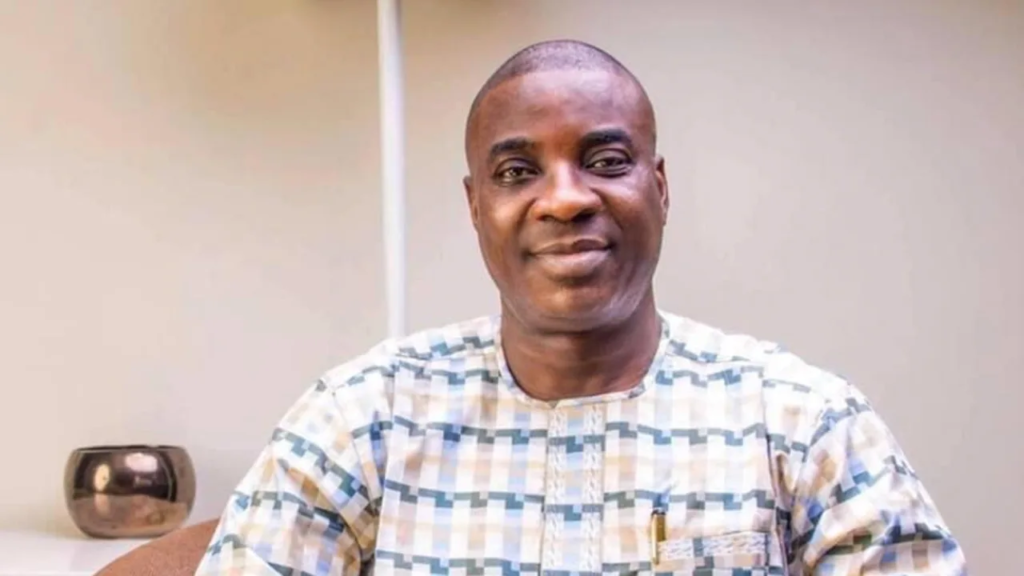The National Health Insurance Authority (NHIA) has launched the Fistula Free Intervention Program, aimed at addressing the healthcare needs of women suffering from obstetric fistula and ensuring long-term access to care.
NHIA Director-General, Dr. Kelechi Ohiri, announced that the initial phase will begin in obstetric fistula centers in Katsina, Bauchi, Ebonyi, and Edo states. This announcement was made during the ministerial flag-off and inauguration of the steering committee for the program by the Coordinating Minister of Health and Social Welfare, Prof. Mohammed Ali Pate, in Abuja.
Dr. Ohiri highlighted that approximately 13,000 women in Nigeria develop obstetric fistula each year, and Nigeria accounts for 7.5 percent of the two million people living with unrepaired obstetric fistula worldwide. He noted that the country has a significant backlog of unrepaired cases, which could take up to 83 years to resolve without intervention.
“Globally, roughly two million people live with unrepaired obstetric fistula. About one million are in developing countries and around 100,000 are affected by offsetting slavery. Here in Nigeria, we account for about 7.5 percent of that number. We have roughly 13,000 new cases each year and, given the backlog due to lack of financial access, it might take up to 83 years to actually close the backlog,” he stated.
Obstetric fistula is a severe complication that creates an abnormal hole between the bladder and vagina, resulting in continuous and uncontrolled leakage of urine through the vagina.
Dr. Ohiri explained that the NHIA, through the vulnerable group fund, aims to make definitive care treatments for these women affordable, thereby reducing both physical and financial pain. He emphasized that this intervention is part of the NHIA’s equity pillar, one of its four focus areas, which aims to enhance safety nets for the poor and vulnerable.
“And within the pillar of equity is where this is situated, where we’re looking at the design of the vulnerable fund to prioritize equity and enhance safety nets for the poor and vulnerable.
“The first phase will start with the national obstetric fistula centers. There are four of them in the country: Katsina, Bauchi, Ebonyi, and Edo. In the second phase, we hope to expand it to other hospitals that provide fistula care but are not necessarily designated for fistula care only,” he explained.
Prof. Ali Pate praised the NHIA for the initiative, emphasizing its importance in making care affordable for women suffering from childbirth-related fistula.



























